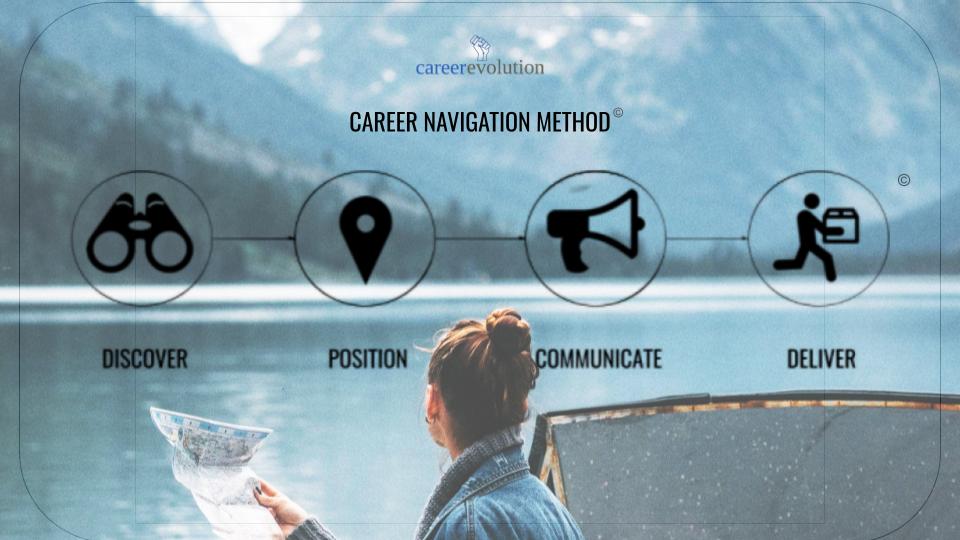The 6 Poor Employer Promises & the New Employee Compact
The next 20 years will see the largest wave of people leaving the workplace since records began with 14m baby boomers reaching retirement age. That’s 15,000 people with their skills, experience and know-how leaving the workplace each week, every week, for the next 18 years.
The SQUEEZED MIDDLE
The loss of lower management / administrative jobs that once provided the career progression and skills development opportunities for future managers have been disappearing at ever increasing speeds. Pseudo-management jobs: i.e. those where you don’t actually manage anyone but your title pretends you do, (a conductor is a train manager, an administrator is an office manager, technician is an IT manager), are being supplanted by technology or outsourced overseas. This is creating flatter staffing structures and less opportunites for professonal growth.
The DEMAND for NEW SKILLS
Add to that the lack of adequately equipped graduates entering the workforce to meet the demands of the highly skilled sector (as reported by business groups), and the Chartered Managers Institute’s projection of an additional 1 million managers being required by 2020 to work in the highly skilled sector and the picture becomes clear. A crisis in management could be upon us, unless employers act.
A NEW EMPLOYER – WORKER COMPACT
Workers on the other hand are becoming ever more discerning. As employers are responding to the economic climate with things like flatter structures, more flexible teams, shorter term contracts, employees realise the promise of career stability within one company is no longer a reality.
Career stability has however always been a cornerstone of social mobility. Without this security in place a whole new agreement between employer and employee must be devised in order to attract and retain the best people. With the old employer promise of a job for life being long gone and a lack of real wage growth for most, workers expect a whole new set of services from their employer where the employer-worker compact supercedes the employee contract.
Companies that still offer the standard employer promises of a 20th century workplace will continue to struggle in the new ‘cold war’ for talent.




